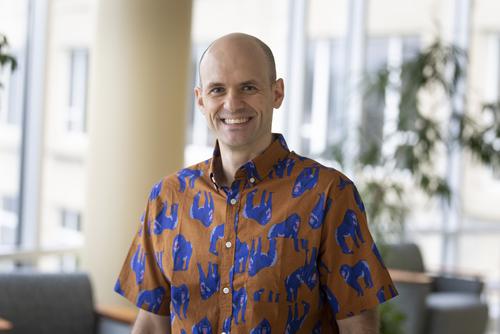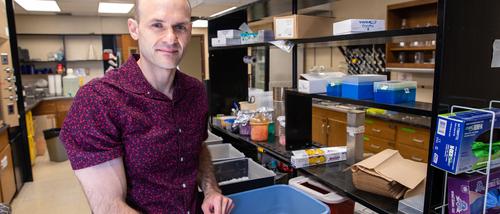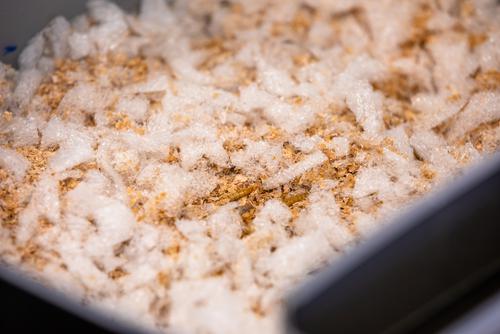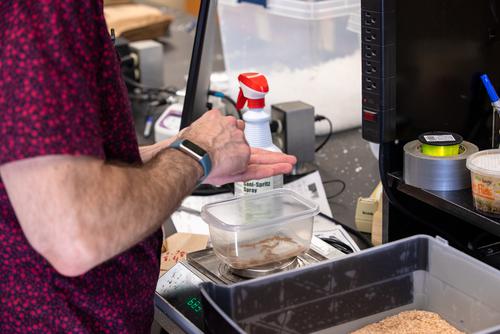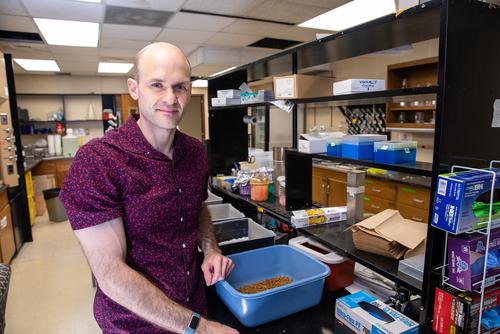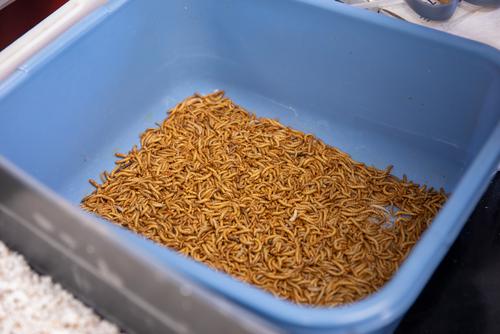Pollution is bad. It hurts the environment and it hurts us.
Many types of pollutants exist, all causing varying degrees of damage, but plastic is one of the worst. It, quite literally, doesn’t go away…it just gets smaller. It gets into water, finds its way into animals, and even finds its way into us. Dr. Lucas Kirschman, Southeast professor in Biology, hopes to change that, or at the very least, bring us one step closer to a plastic-free world.
While plastic seems indestructible, it’s not. Some animals can consume plastic and change it into something better. Alongside Dr. Kirschman, the humble mealworm, of all things, is the hero of this story. And science.
Research in Action
Are you the curious type? Do you enjoy big words and detailed explanations? Above all, do you have an overwhelming love of science? We have good news: you have scrolled down and reached our new sub-section, the Science Deep Dive!
The goal is to evolve bacteria in the mealworms’ gut to be much better at digesting plastic. Dr. Kirschman hopes this initial batch of mealworms will produce several hundred generations. If the bacteria evolves, the study could begin a collaboration with other scientists. From there, if scientists isolate the genes responsible, there could be a way to scale it. And that would mean the end of plastic.
How long would that take? Years, according to Dr. Kirschman, but the path to discovery requires the smallest of steps. And yes, that even includes counting mealworms, one at a time.
Assistant Professor in Biology
"I always say that I have a terminal inability to do anything else. I've tried normal jobs and they don't hold my interest. So for me, it's sort of this almost pathological drive to just answer questions and this one happens to be helpful or potentially useful "
Dr. Lucas Kirschman
